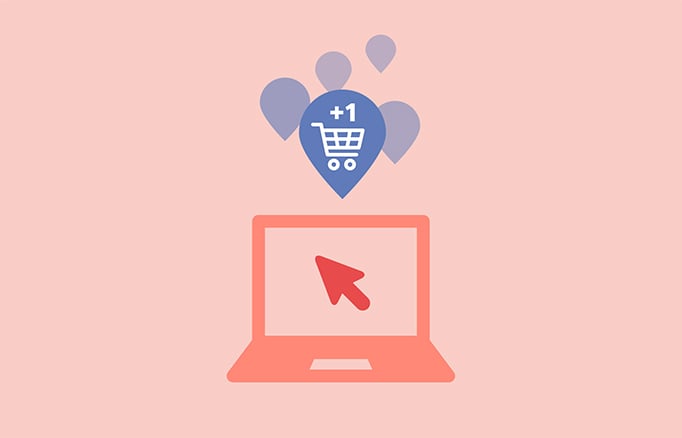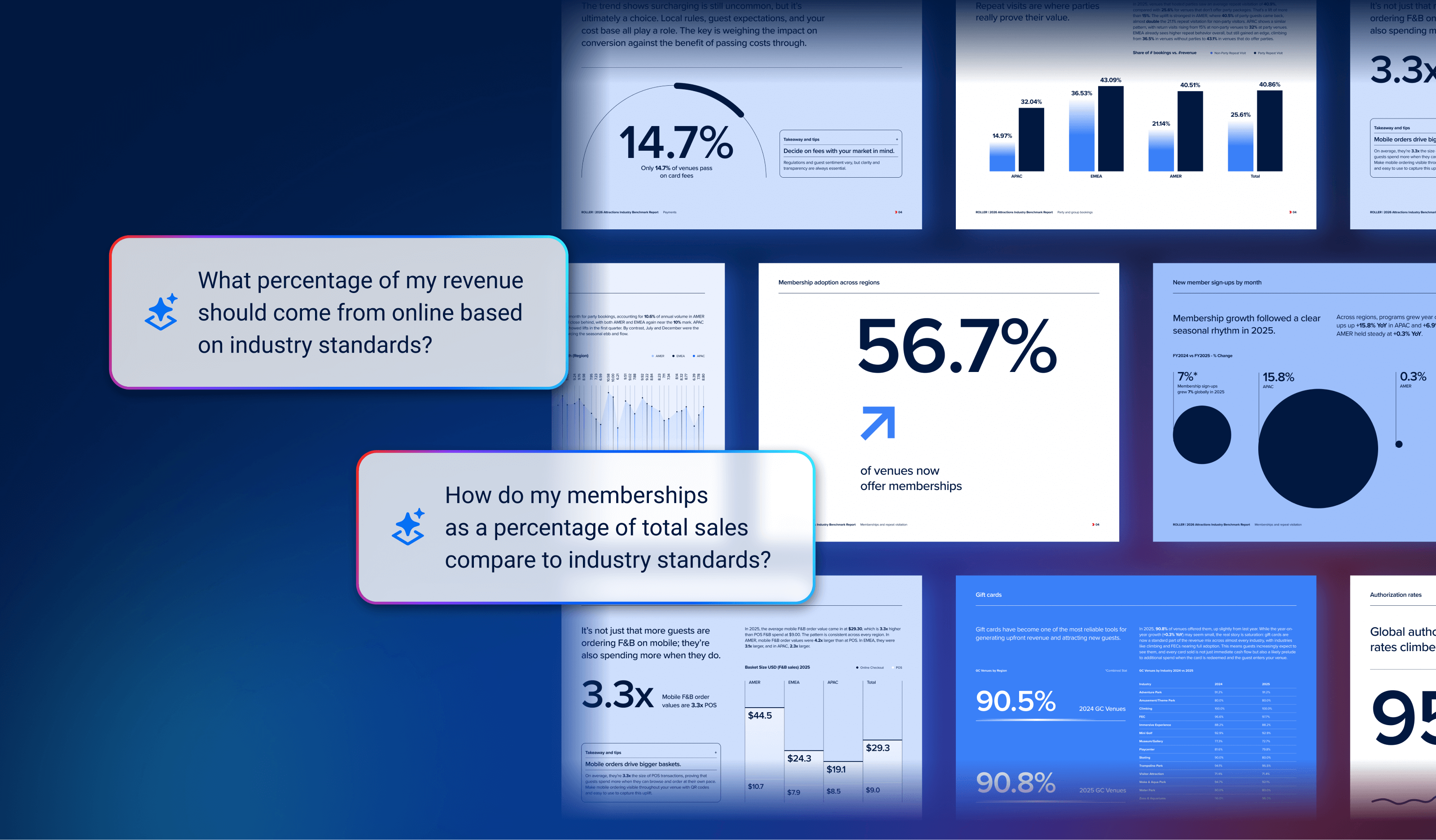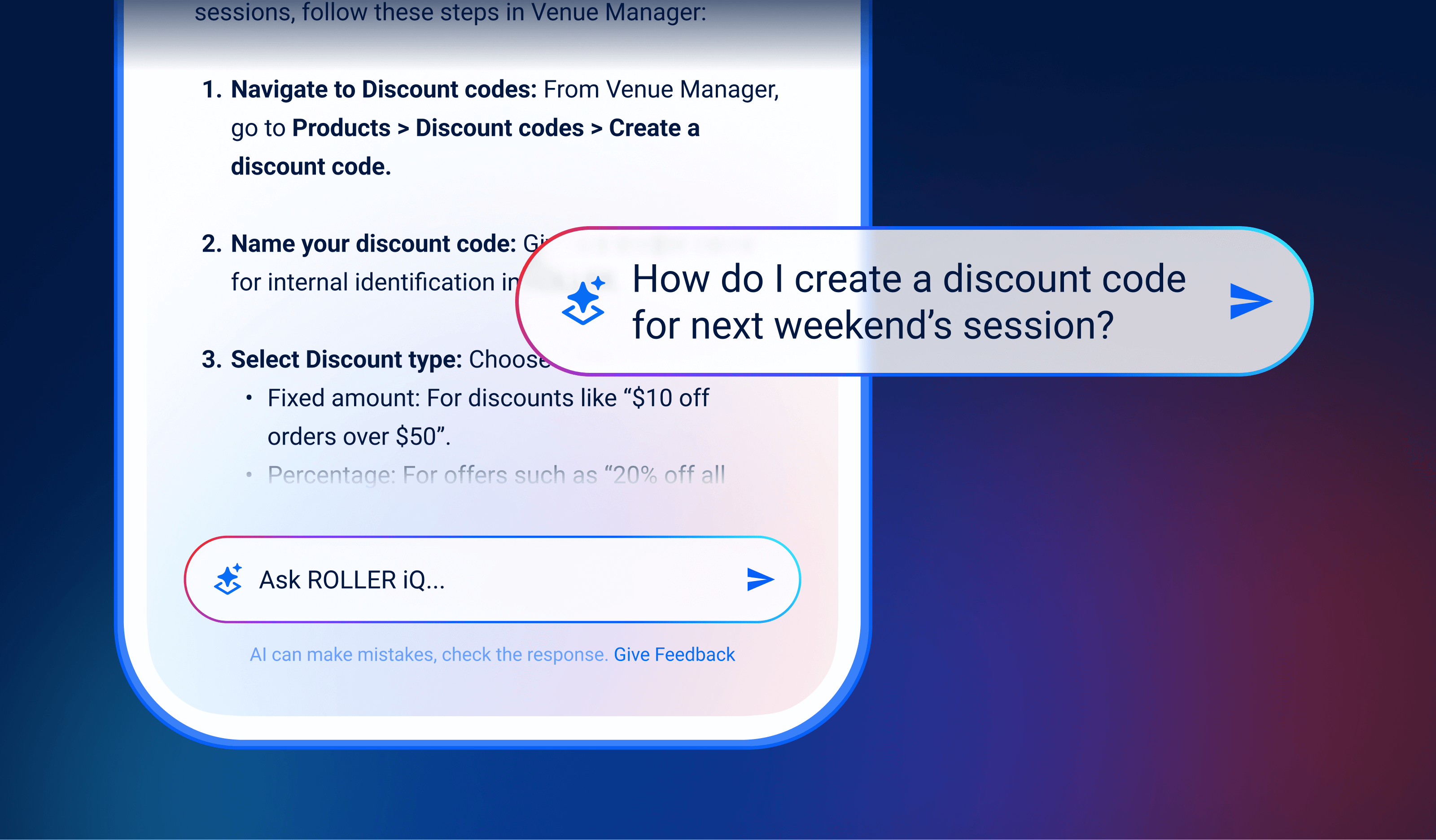The rise of online bookings during COVID-19

The COVID-19 pandemic has forced leisure and entertainment venues to rapidly adapt, with measures such as social distancing, capacity restrictions and increased cleaning & hygiene being commonplace. One thing that’s less obvious, is the way in which guests have adjusted their behaviour in how they interact with parks and attractions.
ROLLER has analysed over half a million guest interactions from a range of industries and regions from both before and after the pandemic, and in this blog we will explore two key areas that have seen significant changes in guest behaviour.
The Rise and Rise of Online Bookings
The prevalence of guests booking online in-advance has been increasing slowly for years, but COVID 19 has caused a dramatic shift in the importance of the online experience.
Many venues that have not previously had capacity restrictions or time-based ticketing have had to implement these measures, which coupled with the desire to minimise face-to-face interactions, has caused the rates of online bookings skyrocket.
From the data ROLLER has analysed in North America, which traditionally has had a much lower rate of online bookings compared to other regions, there has been an almost 90% increase in the proportion of bookings being made online compared to those made in store.
The European and Asia-Pacific markets have also both seen an over 130% increase in the proportion of booking made online, with many venues opting to only allow online bookings and requiring customers who arrive without one to do so on their smart phones before entering.
Online bookings can have many benefits to a venue, such as decreasing the staff requirements per location and reduced queueing times for guests. A less obvious benefit has been shown in the analysis by ROLLER, where guests booking online tend to spend more per head than guests who purchase in store.
For example, for venues selling time-based tickets of varying lengths and prices (based on the session length), ROLLER found that online customers book 10-15% longer sessions on average. If higher proportions of online bookings can be maintained in the long term, there could be significant increases in spend per head as a result.
Loyal Customers Are More Important Than Ever
Another area ROLLER has been monitoring for some time is the rate of repeat visitation by guests to the same venue. The repeat visitation rate can be defined as the percentage of guests visiting on an average day who have visited at least once before.
This metric varies heavily for different types of parks and attractions as some are more reliant on tourists and other single visit guests, but there has been a clear trend broadly across the industry since the pandemic began.
ROLLER has seen an industry wide increase in repeat visitation by over 20%. This may be due to a range of factors, including the reduced amounts of tourism globally, however it’s clear that maintaining your loyal customers has become even more vitally important over the past 6 months.
ROLLER’s continued focus on our Membership Feature allows our clients to provide a range of benefits to their Members, as well as facilitate recurring billing payment models.
Other Articles;
ROLLER Blog - Trampoline Park Demographics and Data - August 2019 Insights
ROLLER Blog – Introducing the ‘Guest Experience Flywheel’
ROLLER Blog - 4 ways technology can improve the guest experience at trampoline parks
ROLLER Blog - Top 6 features for location-based-entertainment venues during COVID-19
If you’re a ROLLER client and interested in learning how you can use any of the features mentioned above, please Contact Support.
If you’re NOT a ROLLER client, and interested to learn about how ROLLER can transform your leisure or attraction venue, please complete this form and a Solutions Advisor will reach out to discuss your requirements.
Related articles


Smarter Support With ROLLER iQ: Step-by-Step Help, Right When You Need It
.png)
What is an AI Business Assistant? (And How It Supports Growth for Attractions)
Enhance your guest experience
Get free education, tips and inspiration to help you run a successful venue.